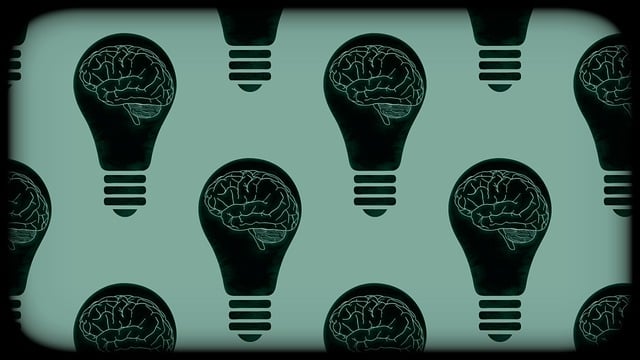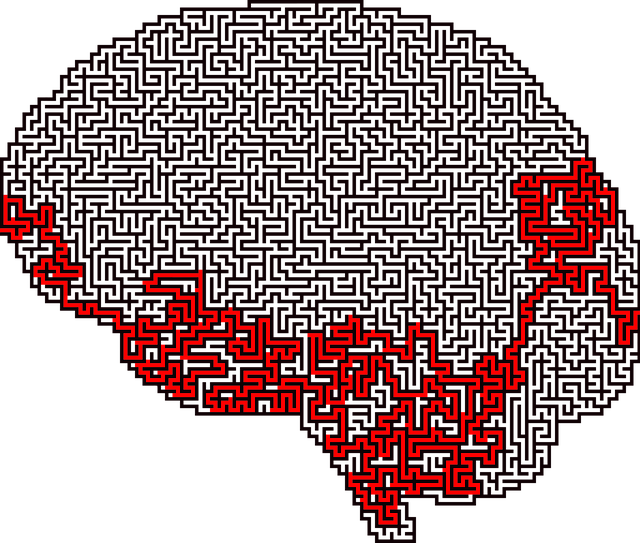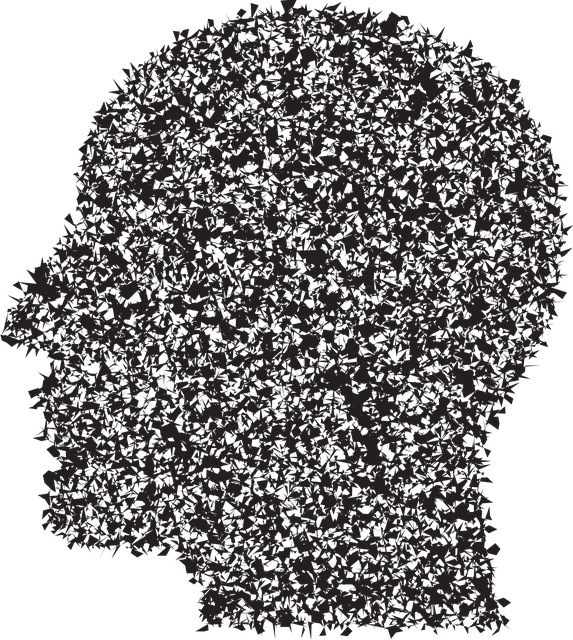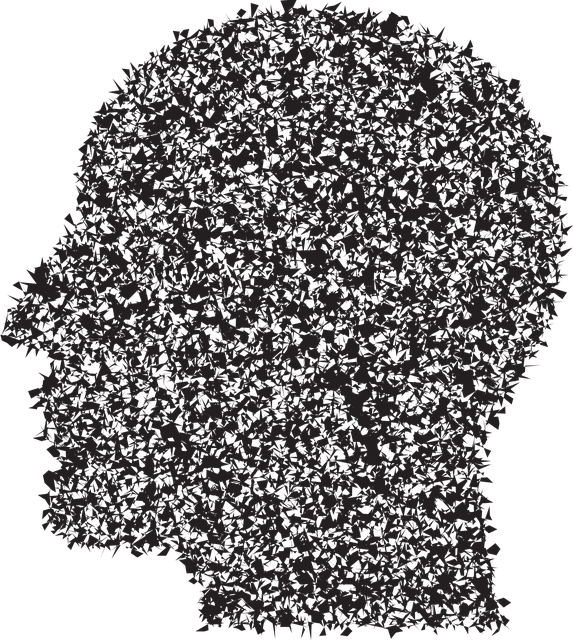Facilitating mental wellness for elders facing significant life changes like retirement or loss is crucial. Group settings combine active listening and structured activities, including guided meditation and open discussions, to create safe spaces. Customized therapy addresses unique challenges, fostering social connections and resilience through peer support. Success measurement goes beyond attendance, observing emotional intelligence, inner strength, and empathy development among participants. Ongoing support ensures long-term mental wellness gains for elders navigating major life transitions with tailored therapy and resources.
Mental wellness is a critical aspect of aging, especially during major life transitions. This article explores effective group facilitation techniques to support older adults’ mental health. We delve into understanding the unique challenges of mental wellness in elders and how group settings can foster resilience. Key sections include facilitating therapy for this population, customizing approaches for optimal results, and measuring success. By examining these strategies, professionals can enhance their support systems for seniors navigating life transitions.
- Understanding Mental Wellness in Elders and Life Transitions
- Facilitation Techniques for Group Settings
- Customizing Therapy for Elder Populations
- Measuring Success and Ongoing Support
Understanding Mental Wellness in Elders and Life Transitions

Understanding mental wellness among elders is a crucial aspect of group facilitation, especially when addressing major life transitions. As individuals age, they often encounter significant changes that can impact their psychological well-being. These transitions, such as retirement, loss of a spouse, or moving to assisted living, may lead to feelings of loneliness, depression, and anxiety. Facilitators should be attuned to these potential mental health concerns, recognizing that age-related issues can be complex and multifaceted.
The unique challenges faced by elders require tailored therapeutic approaches. Therapy for elders focusing on major life transitions aims to support individuals in adapting to new circumstances while fostering resilience. Mental illness stigma reduction efforts play a vital role here, creating safe spaces where elders feel comfortable discussing their struggles openly. Moreover, mental wellness coaching programs development specifically targeted at the elderly can empower them to navigate these transitions more effectively, enhancing overall well-being and quality of life. Risk assessment for mental health professionals is essential to ensure that facilitators are equipped to handle the nuances of elder care.
Facilitation Techniques for Group Settings

In group settings, facilitating mental wellness involves a blend of active listening and structured activities to create a safe space for elders to navigate Major Life Transitions. Techniques such as guided meditation, shared storytelling, and open discussions foster connections among peers, encouraging vulnerability and emotional expression. This approach leverages the power of community support, allowing individuals to draw strength from one another during challenging times.
Facilitators play a crucial role in guiding conversations that promote self-care routine development for better mental health. By integrating activities that enhance self-esteem improvement, elders can cultivate inner strength, build resilience, and rediscover purpose. These facilitation techniques not only aid in processing life changes but also equip participants with practical tools to maintain their well-being in a supportive group environment.
Customizing Therapy for Elder Populations

In facilitating mental wellness groups for elder populations, therapists must tailor their approach to address unique needs and challenges faced by this demographic. Many older adults have experienced significant life transitions, such as retirement, loss of loved ones, or moving to new living arrangements. These changes can lead to feelings of loneliness, depression, and anxiety, requiring a nuanced therapy approach. Customizing therapy involves recognizing and incorporating their life experiences into the therapeutic process. For instance, group discussions centered around major life transitions can help individuals process grief, cultivate resilience, and enhance coping mechanisms specific to these stages.
Moreover, building a supportive environment that fosters social connections is vital. Encouraging open dialogue and peer support can boost confidence and combat feelings of isolation prevalent among older adults. Healthcare providers facilitating these groups should also integrate burnout prevention strategies to ensure they are equipped to offer consistent care. Mental health education programs designed with an aging audience in mind can empower seniors to take an active role in managing their mental wellness, ultimately improving overall well-being.
Measuring Success and Ongoing Support

Measuring success in mental wellness group facilitation for elders navigating major life transitions requires a nuanced approach that goes beyond simple attendance or satisfaction surveys. It’s about observing tangible improvements in participants’ emotional intelligence, fostering inner strength development, and implementing empathy building strategies. Therapists can track progress by assessing changes in mood, behavior, and overall engagement with the group dynamic. Regular check-ins, both formal and informal, allow for continuous support and adjustment of facilitation techniques as needed.
Ongoing support is crucial for sustaining mental wellness gains. Group facilitators should provide resources for continued therapy beyond the structured sessions, such as recommending books, online platforms, or other community resources focused on emotional well-being. Regular follow-up meetings or check-ins can also help maintain a sense of connection and accountability, ensuring participants feel supported even after formally concluding the group. This holistic approach not only enhances the effectiveness of the program but also empowers elders to maintain their mental wellness in the long term.
Mental wellness group facilitation offers a powerful approach to supporting elders during major life transitions. By understanding the unique needs of this demographic, facilitators can employ tailored techniques to create safe and supportive environments. Customizing therapy to address specific challenges ensures that elders receive the best possible care, fostering resilience and improved mental health outcomes. Measuring success through ongoing support systems enables continuous growth and adjustment, ultimately enhancing the quality of life for older adults navigating significant changes.














